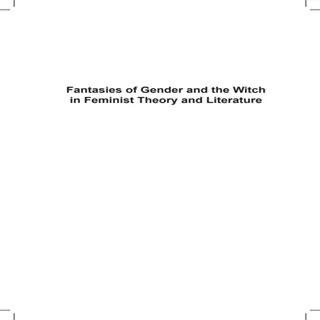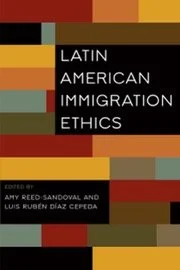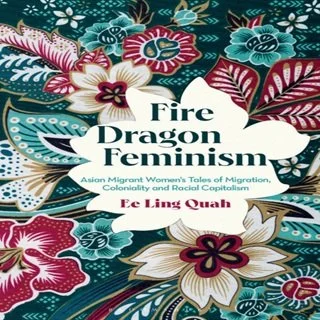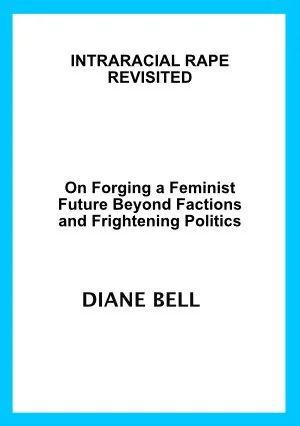By Justyna Sempruch
In Fantasies of Gender and the Witch in Feminist Theory and Literature, Justyna Sempruch analyzes contemporary representations of the “witch” as a locus for the cultural negotiation of genders. Sempruch revisits some of the most prominent traits in past and current perceptions in feminist scholarship of exclusion and difference. She examines a selection of twentieth-century US American, Canadian, and European narratives to reveal the continued political relevance of metaphors sustained in the archetype of the “witch” widely thought to belong to pop-cultural or folkloristic formulations of the past. Through a critical rereading of the feminist texts engaging with these metaphors, Sempruch develops a new concept of the witch, one that challenges traditional gender-biased theories linking it either to a malevolent “hag” on the margins of culture or to unrestrained “feminine” sexual desire. Sempruch turns, instead, to the causes for radical feminist critique of “feminine” sexuality as a fabrication of logocentric thinking and shows that the problematic conversion of the “hag” into a “superwoman” can be interpreted today as a therapeutic performance translating fixed identity into a site of continuous negotiation of the subject in process. Tracing the development of feminist constructs of the witch from 1970s radical texts to the present, Sempruch explores the early psychoanalytical writings of Cixous, Kristeva, and Irigaray, and feminist reformulations of identity by Butler and Braidotti, with fictional texts from different political and cultural contexts.
West Lafayette, IN: Purdue University Press, 2008.





